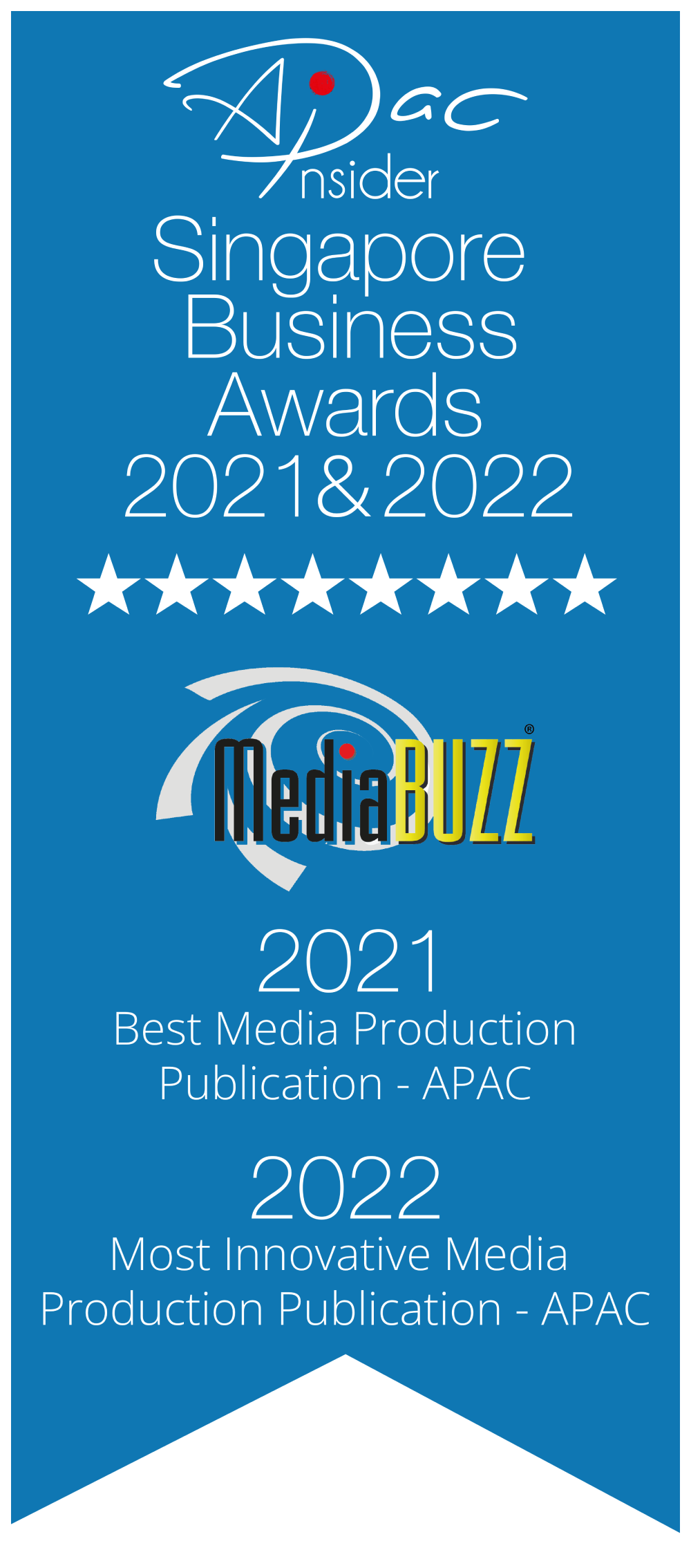- Category: February 2016 - Digital Transformation
 “The technology keeps moving forward, which makes it easier for the artists to tell their stories and paint the pictures they want.” – George Lucas
“The technology keeps moving forward, which makes it easier for the artists to tell their stories and paint the pictures they want.” – George Lucas
One of history’s biggest film franchises has relied on technology throughout its existence. In 1977, Star Wars creator George Lucas pushed the boundaries to make his vision a reality. The great leap in technology, through the next 30+ years, inspired Lucas to make more Star Wars films for today's new generation. Now, with Disney and J.J. Abrams, the franchise has evolved again for a new audience. Built on human intervention, the Star Wars story is one aided by technology.
Let’s bring this back to marketers. How can technology help marketers match the insight, sensitivities and creativity of the human approach?
Looking at it from a Star Wars perspective, will the neo-marketers who are not only ‘tech savvy’, but are able to understand complex marketing functions, be able to connect with customers, or their ‘midi-chlorians’? The history of technology has been shaped by human inspiration, so is it possible for technology to ever become the equivocal solution to the current generation of Singapore’s marketers?
To stay ahead of the game, it is paramount to understand the benefits of technology, its integration with human instinct, and why automated marketing is designed to help marketers, rather than consign them to extinction. The goal of this integration is to build business-consumer engagement across the customer lifecycle.
Technology: Built for Today’s Modern Marketers
As consumer use of online services increases, it becomes more challenging for marketers to stay ahead, and to act on their likes, preferences, and behaviours. If you do not pay enough attention, you are labelled ignorant to customer needs and interests. Try too hard and you face being called ‘creepy’, overstepping the mark in terms of what is ‘acceptable communication’.
Technology is available to collect, store, and organise customer data and turn it into an irreplaceable asset to inform marketing decisions. Automated technology is primed to equip the modern marketer with the insight and information they need to drive customer engagement and build loyalty.
Singapore’s digital market, too, is one brimming with potential. With internet penetration at 80 per cent (Digital Influence Lab, 2015), digital technology has assimilated into the lives of most Singaporeans, who trust personal advertising such as emails more than intrusive adverts. Beyond Singapore, investment in online and mobile advertising in Asia Pacific is expected to grow 70 per cent, from an estimated US$56.84 billion in 2015 to US$96 billion by 2018, according to eMarketer. With an expanding advertising market, how can companies and marketers ensure they are in a position to gain from the growing and evolving market?
The guiding force is marketing technology. Companies who use automated marketing intelligently will find themselves able to deliver relevant information to a wide target audience with minimal effort, and essentially deliver a higher ROI. Adopting technology to improve performance is a no brainer – but it comes with a warning – one should not be over-reliant on it.
No Replacement for Human Instinct
Despite the prevalence of tech for modern brands, in order to analyse the stream of data customers provide, it is important that they do not lose the ‘human touch’ that strong, creative messaging gives. Modern marketers need to understand statistics and learnings from any given marketing campaign and turn them into messages.
These messages – essential to brands when engaging with customers – cannot be created by artificial intelligence or algorithms. Through human interpretation of data, marketers can create tailored messaging for individual customers. Married with human intelligence, technology can be harnessed as the solution to targeting the right customers, at the right time, through the right channel - all via automated delivery.
A marketer’s gut feeling will always hold its place and value, but when coupled with data-driven insights, it then completes the modern marketer’s arsenal.
Evolution – Not Extinction
Human intelligence and intervention are elements that ensure technology is designed to make life easier for marketers and not drive them to extinction. Lucas harnessed technology to make his epic films as visually stunning and realistic as they could be (especially in 1977) to connect with his audiences. Today, marketers must harness technology to ensure they are connecting with customers in the best ways possible.
Marketers, especially those in the digital world, must embrace human artistry and digital creativity, while being supported by the benefits of technology. Marketers then have tools in place to treat customers as individuals, rather than sets of data and email addresses to keep customers engaged with their business throughout their lifecycle as this will ultimately build customer loyalty and drive revenue.
The Force Is Strong
Although humans and technology are mutually reliant, marketers work to ensure each are working productively. IDC predicts that CMOs will drive US$32.4B in marketing technology spending by 2018. This indicates how marketing teams are becoming part of the IT spend. The next generation of marketers will likely blur technology, science and art.
This results in more effective messaging with technology acting as the modern marketer’s trusted and agile friend.
It’s time for the technical marketer to emerge.
By Benjamin Glynn, Managing Director of Singapore at Emarsys
Ben is a strong advocate in the field of B2C marketing automation, personalization and retargeting, He has 10 years’ experience working for various organisations, developing solutions across categories from Mobile Payments to Marketing Automation, and is currently responsible for overseeing the growth of Emarsys throughout SEA as well as the daily operations of the business in Singapore. With both a passion for technology and data driven marketing, Ben has successfully assisted many blue chip organisations in implementing successful customer engagement strategies, receiving global acclaim for solutions that he has designed.



